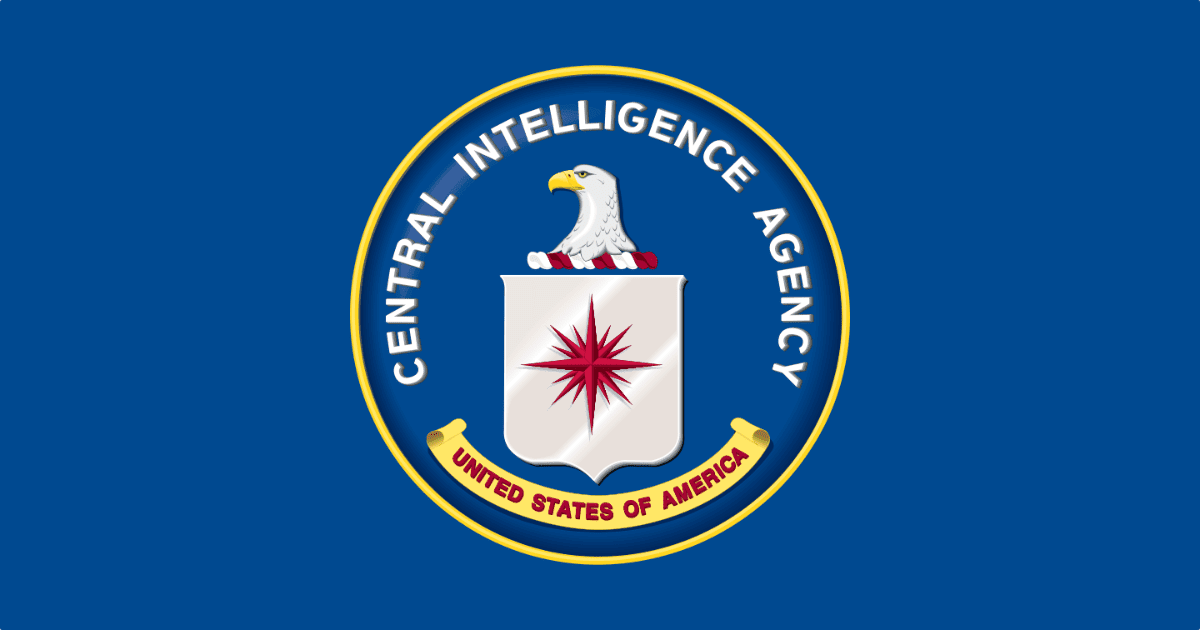According to two Democrats on the Senate Intelligence Committee, the CIA has an undisclosed repository of data collected from Americans, according to AP News.
CIA Program
Sens. Ron Wyden of Oregon and Martin Heinrich of New Mexico sent a letter [PDF] to top intelligence officials calling for more details about the program to be declassified. The redacted document says, in part:
[REDACTED] Among the many details the public deserves to know are the nature of
the CIA’s relationship with its sources and the legal framework for the collection; the kind of records collected [REDACTED] the amount of Americans’ records maintained; and the rules governing the use, storage, dissemination and queries (including U.S. person queries) of the records. Each of these matters has been the subject of extensive declassifications with regard to NSA’s and FBI’s FISA collection; there is no reason why CIA’s activities cannot be equally transparent.
The letter was sent in April 2021 and was declassified on Thursday. It also says the CIA data collection program operates under the authority of Executive Order 12333. This governs intelligence community activity and was signed into law by President Ronald Reagan in 1981.
The missions of the CIA and NSA involve foreign activities, and both agencies are “officially” forbidden from collecting data on, or spying upon, Americans. “Intelligence agencies are required to take steps to protect U.S. information, including redacting the names of any Americans from reports unless they are deemed relevant to an investigation. The process of removing redactions is known as ‘unmasking.'”
According to a document from the oversight panel Privacy and Civil Liberties Oversight Board, a pop-up box warns CIA analysts using the program that seeking any information about U.S. citizens or others covered by privacy laws requires a foreign intelligence purpose.
Whistleblower Edward Snowden has revealed otherwise, at least with the NSA. In 2020, a U.S. appeals court ruled that the agency’s mass surveillance program was illegal.
